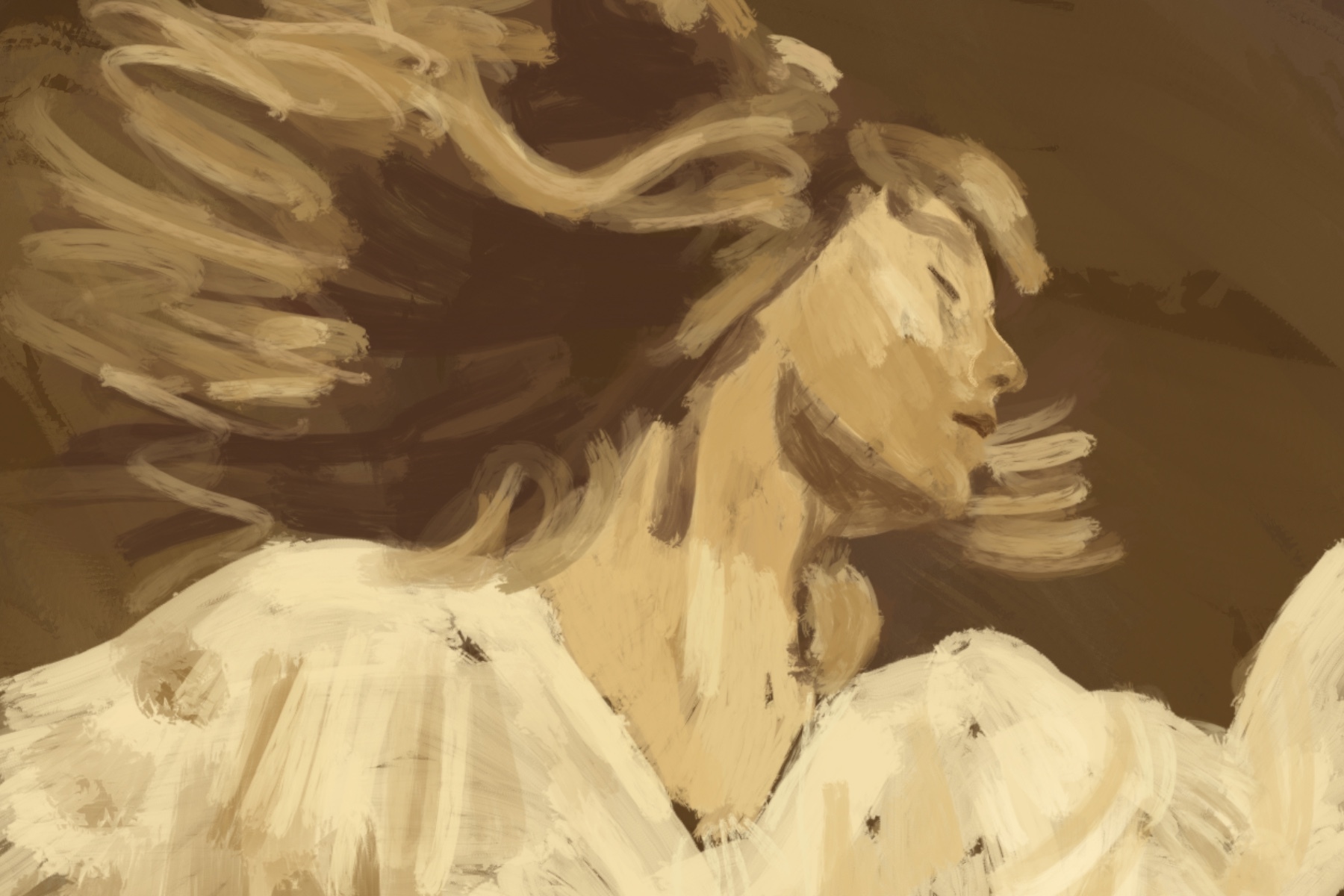On March 26, 2021, Taylor Swift released her first “From the Vault” song from her rerecorded hit album, “Fearless.” “You All Over Me” features country singer and friend of Swift, Maren Morris. Although the song was written in 2008, when “Fearless” was in production, Swift released it as one of the never heard before songs of her upcoming rerecorded album.
Produced by Aaron Dessner, her “folklore” and “evermore” collaborator, Dessner is also working with Swift as she rerecords all her songs that were sold to Scooter Braun in a 2019 multimillion-dollar deal with Scott Borchetta.
Swift and Dessner, who just won album of the year at the 63rd annual Grammys (along with their other collaborators), have made magic once again. The song is reminiscent of Swift’s country roots and reminds listeners of the Swift hits that were all over the place in the mid-2000s.
Beginning with a strong guitar melody and then layered with a harmonica bassline, Swift sings, “Once the last drop of rain has dried off the pavement / shouldn’t I find a stain, but I never do / the way the tires turn stones, on old county roads / they leave ’em muddy underneath / reminds me of you.”
The first half of the verse foreshadows the theme of the song: The relationship is over but she is always reminded of what she lost. More so than the allegorical lyrics, Swift’s opening lines transport her listeners back in time to her country days with a breakup ballad accompanied by acoustic strings and simple harmonies.
Swift then sings, “You find graffiti on the walls of old bathroom stalls / you know, you can scratch it right off / it’s how it used to be / but like the dollar in your pocket, it’s been spent and traded in / you can’t change where it’s been / reminds me of me.”
Following the country-folk sound that Swift established, this final part of the first verse mimics the same cadence and structure of the previous lines. The simple repeated melody, along with Swift’s poetic revelation of being unable to change the past, leaves listeners with a sense of longing for a hopeful future.
Morris comes in during the chorus, harmonizing with Swift on the lyrics. They both sing, “I lived, and I learned / had you, got burned / held out, and held on / God knows, too long / and wasted time, lost tears / swore that I’d get out of here / but no amount of freedom gets you clean / I’ve still got you all over me.”
Morris’s entrance is perfectly timed and offers lilting lower register harmonies that blend effortlessly with Swift’s vocals. Along with their overarching theme of a relationship that lasts long after it has ended, the lyrics of the chorus are poetic and melancholy.
As the chorus comes to a close, drums are added in. The tempo picks up a little going into the second verse, where Swift sings, “The best and worst day of June / was the one that I met you / with your hands in your pockets / and your ‘don’t you wish you had me’ grin / but I did, so I smiled, and I melted like a child / now every breath of air I breathe reminds me of then.”
Morris harmonizes in the second verse as well, adding to the dimension of the song. With the guitar and harmonica, along with the added drums and harmonies, the song takes on a life of its own. The composition of the song lends itself to the theme, showcasing the sweeping pain Swift feels with its full sound of the acoustic guitar and drums.
The chorus repeats, and instead of one of Swift’s famous bridges, there is an instrumental break in which a steady, lonely guitar is incorporated throughout the repeated melody. The sound adds to the song’s upbeat musicality while challenging the heartbreak that was just repeated in the chorus.
Swift closes the song with an edited chorus, singing, “I lived, and I learned / and found out what it was to turn around / and see, that we / were never really meant to be / so I lied, and I cried / and I watched a part of myself die / ‘cause no amount of freedom gets you clean / I’ve still got you all over me / I’ve still got you all over me / still got you all over me.”
Despite being written in 2008 when Swift was only 18, the song is laced with poetic maturity, and there is no greater example of this than in the final chorus. With lyrics like, “I lived, and I learned / and found out what it was to turn around / and see, that we / were never really meant to be,” Swift adds the emotional depth that listeners are accustomed to hearing within her song lyrics.
“You All Over Me (From the Vault)” reminds listeners that Swift’s talent has only grown since her early to mid-2000s debut, when she was only a teenager. Moreover, the song is sure to move loyal and new Swifties alike with the revival of her country roots and the maturity of its composition.
“You All Over Me” is one of many songs that Swift has released since she announced her rerecordings back in 2019. Swift’s rerecordings give her the chance to own her music, and they give Swifties the opportunity to fall in love with her musicality, ingenuity and deeply poetic and relatable lyrics all over again.
















